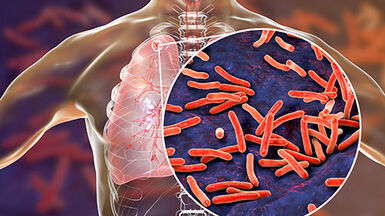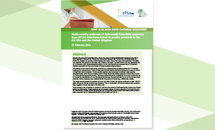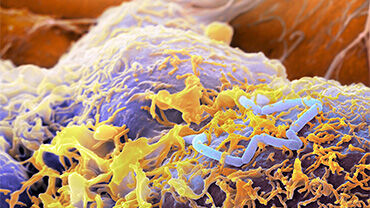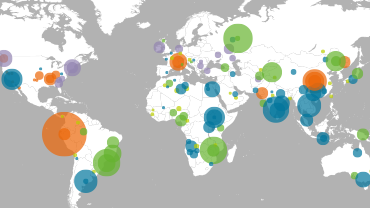Rapid Outbreak Assessment: Prolonged multi-country outbreak of Listeria monocytogenes ST1607 linked to smoked salmon products
A prolonged genomic cluster of 20 human Listeria monocytogenes ST1607 infections has been reported to the European Centre for Disease Prevention and Control, with cases identified in Denmark (17), Germany (1), and Italy (2) since 2019. The number of cases has sharply increased after 2021. The most recent case was reported in March 2024 in Denmark, indicating an ongoing risk of further infections. Of 20 listeriosis cases, five have died (one due to another cause than L. monocytogenes infection), indicating high severity of infection particularly among elderly people with underlying chronic conditions.
Executive summary
The national investigations the traceability and genomic data analyses revealed the detection of five matching L. monocytogenes ST1607 isolates from four sliced smoked salmon products (four batches) produced by the Danish Processing Plant A between 2021 and 2024. These contaminated products were distributed to the three countries (Denmark, Germany, and Italy) reporting human cases to ECDC. The identification of the outbreak strain from the environment of the Danish Processing Plant A in 2023 and in the products since 2021 indicates the persistence of the L. monocytogenes ST1607 within the plant and suggests that the point(s) of the contamination in the plant have not been identified and controlled. Although control measures had been implemented at the plant and withdrawals and recalls of contaminated batches were performed, new batches of contaminated products could still be placed on the market until the site(s) at the plant and the root(s) of the contamination in the fish production chain are identified and properly controlled.
Based on the available information from case interviews, microbiological and traceability analysis, the conclusion is that sliced smoked salmon products are the likely sources of infection. New cases could occur in EU/EEA countries, particularly among vulnerable people, until the root(s) of contaminations are identified and corrective measures are implemented.








